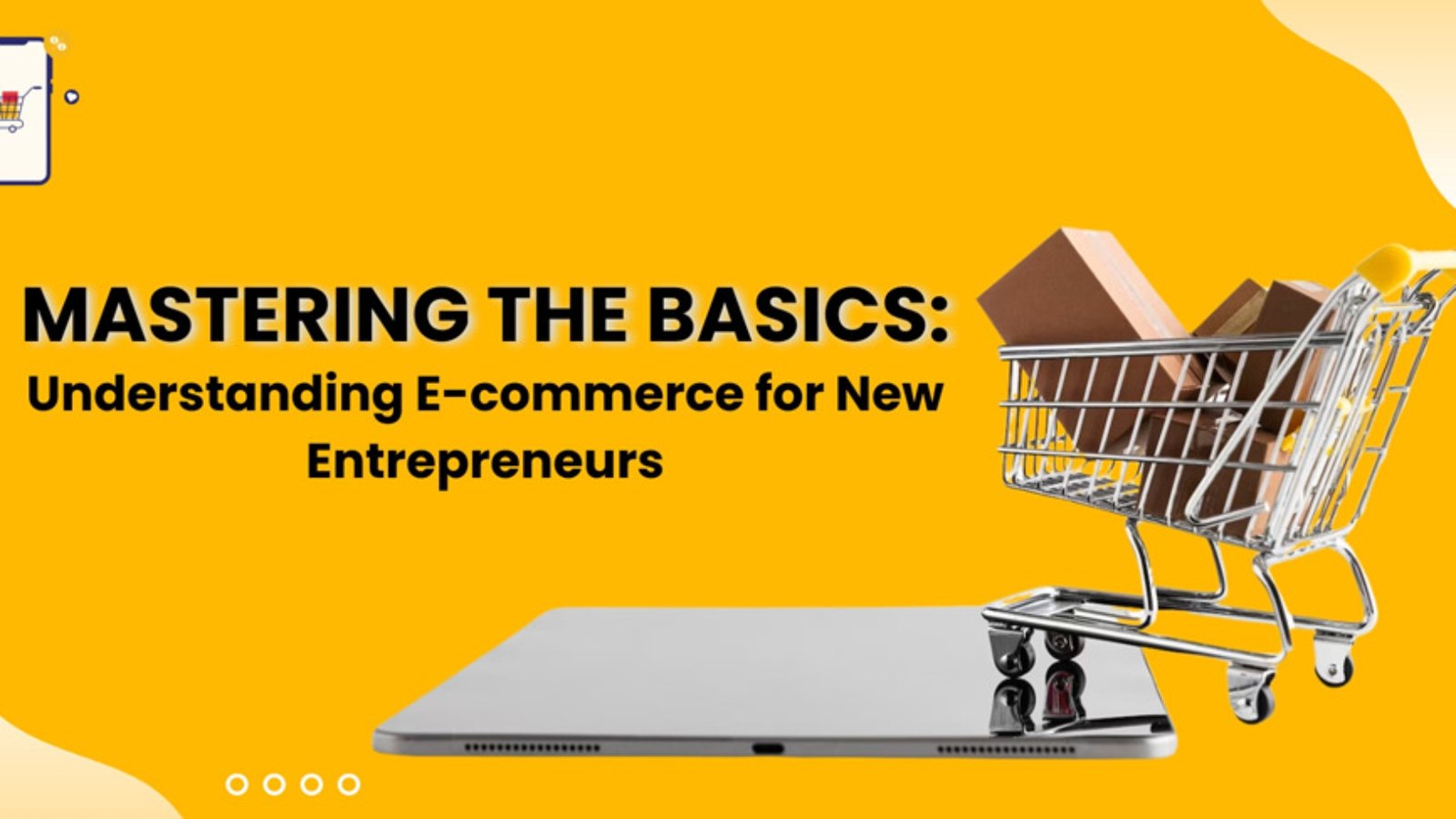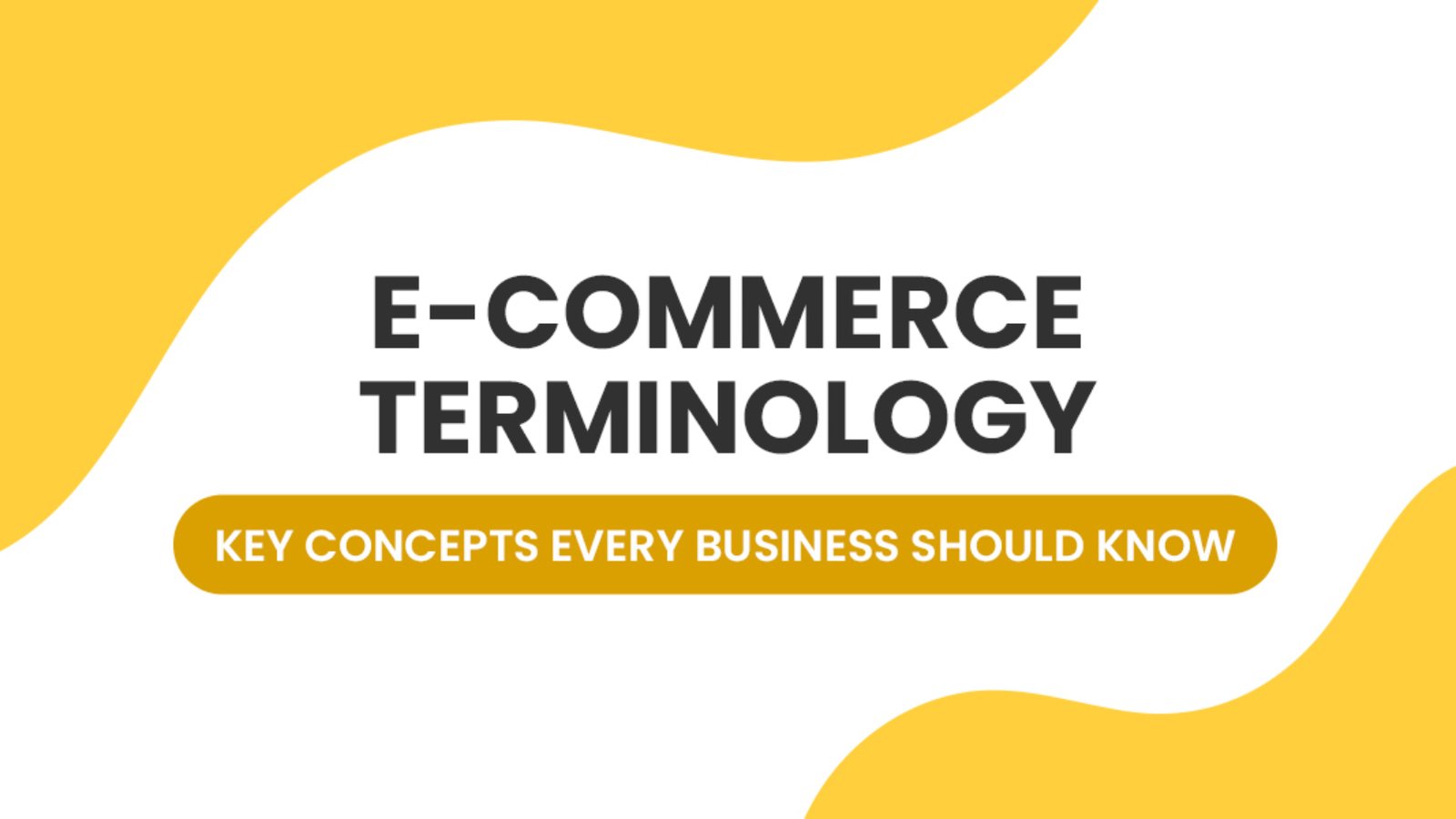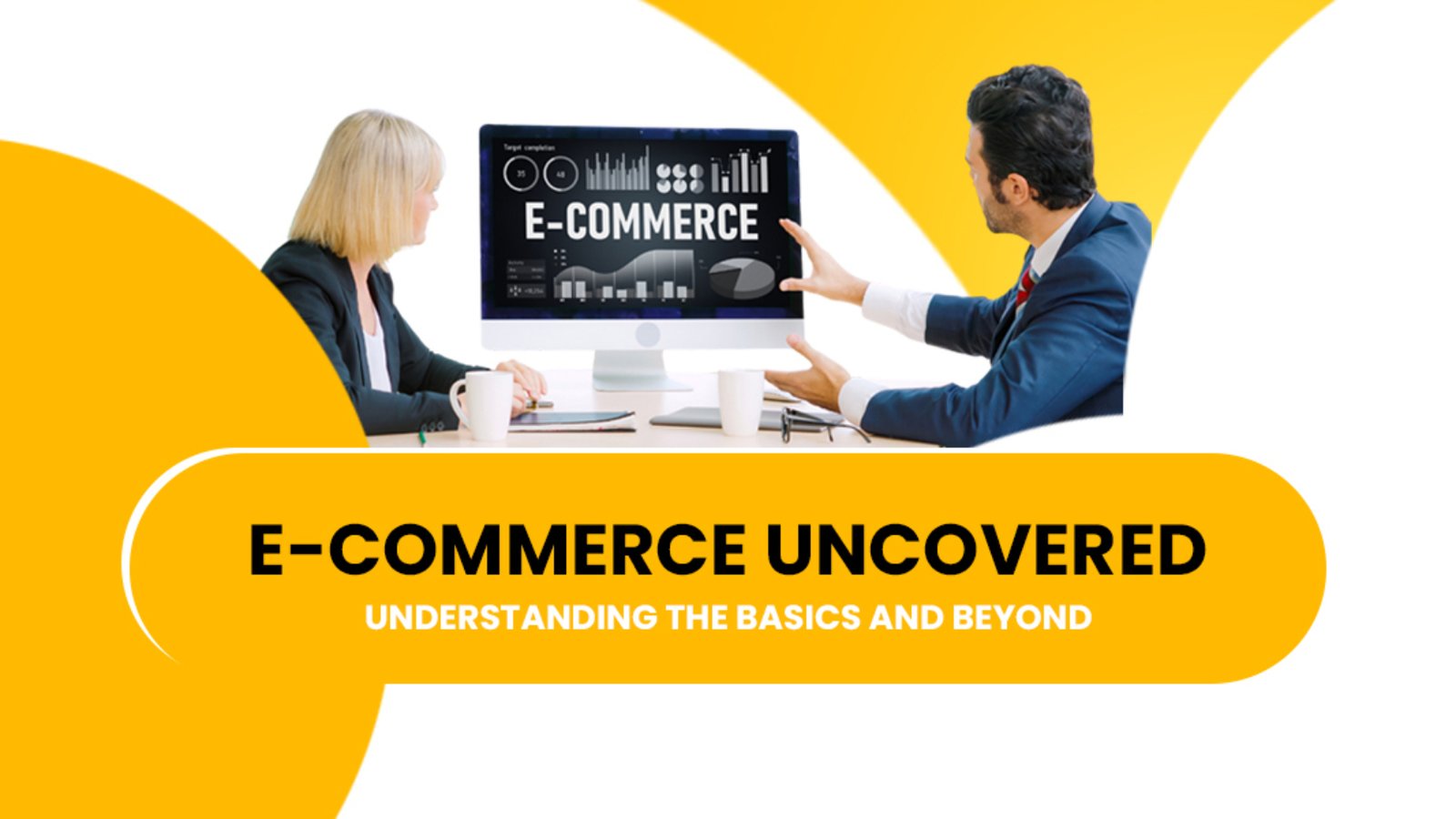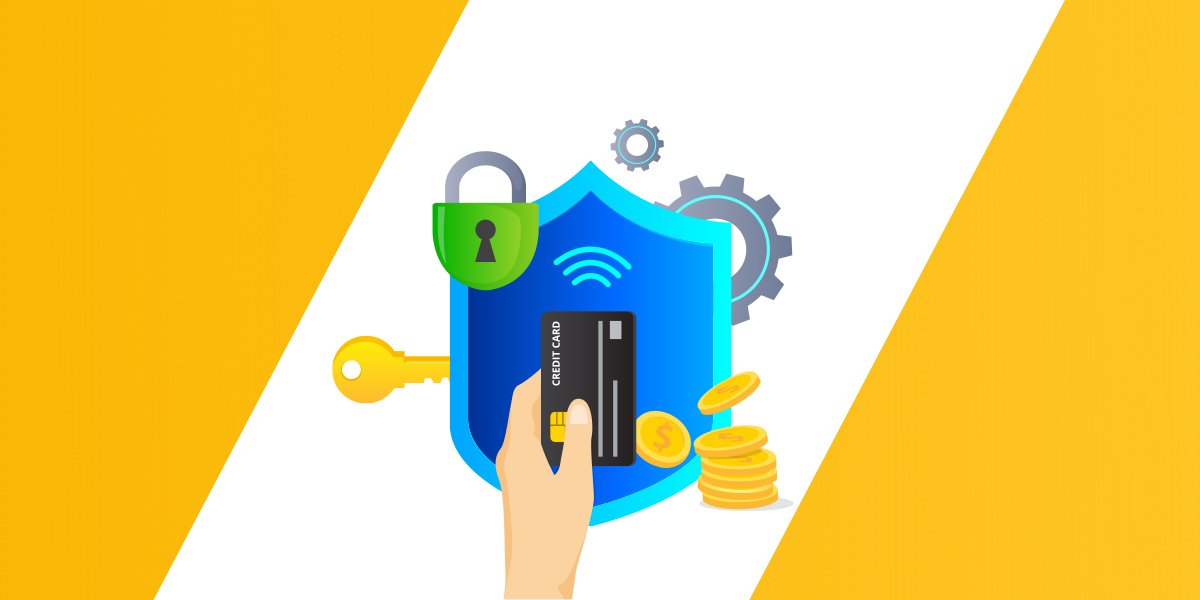In the digital age, e-commerce has become a pivotal aspect of the global economy, revolutionizing how businesses operate and how consumers purchase goods and services. For new entrepreneurs venturing into the online marketplace, understanding e-commerce is not just beneficial—it’s essential. This comprehensive guide aims to demystify the world of e-commerce, providing you with the knowledge you need to navigate and succeed in this digital landscape.
The Essence of E-commerce
At its core, e-commerce, or electronic commerce, refers to the buying and selling of goods or services using the internet, and the transfer of money and data to execute these transactions. It encompasses a wide range of business models, from retail giants like Amazon to services such as Spotify and Netflix, and even extends to the realms of digital products and online courses.
Why Understanding E-commerce is Crucial
For entrepreneurs, understanding e-commerce offers several advantages. It allows you to reach a global audience, operate 24/7 without the limitations of physical store hours, and provides access to a wealth of data to better understand and serve your customers. Moreover, e-commerce platforms can significantly reduce overhead costs, making it easier for small businesses to compete with larger entities.
Setting Up Your E-commerce Business
Choosing the Right Platform
The first step in establishing an e-commerce business is selecting the appropriate platform. Options range from all-in-one solutions like Shopify and WooCommerce to marketplace platforms such as Etsy or Amazon. Consider factors like ease of use, customization options, fees, and the type of products you plan to sell when making your choice.
Understanding Your Market
A deep understanding of your target market is crucial. Conduct market research to identify your ideal customer, understand their needs, preferences, and online shopping behavior. This insight will guide your product selection, marketing strategies, and website design.
Building Your Online Store
Your e-commerce website is your digital storefront. Ensure it’s user-friendly, mobile-responsive, and secure. High-quality product images, detailed descriptions, and easy navigation are key to providing a positive shopping experience. Additionally, implement secure payment gateways to build trust with your customers.
Marketing Your E-commerce Business
SEO and Content Marketing
Search Engine Optimization (SEO) is vital for making your online store visible in search engine results. Incorporating keywords like “understanding e-commerce” into your website’s content can improve your ranking. Content marketing, through blogs or videos, can also drive traffic to your site by providing valuable information to your target audience.
Social Media and Email Marketing
Social media platforms are powerful tools for building brand awareness and engaging with your audience. Use them to showcase your products, share customer testimonials, and run promotions. Email marketing, on the other hand, is excellent for personalized communication, allowing you to send targeted offers, newsletters, and updates to your subscribers.
Managing Operations
Logistics and Fulfillment
Efficient logistics and fulfillment processes are the backbone of any successful e-commerce business. Consider whether you’ll handle inventory and shipping in-house or partner with third-party logistics providers. Offering various shipping options and transparent tracking information can enhance customer satisfaction.
Customer Service
Exceptional customer service can set your e-commerce business apart. Offer multiple channels for customer support, such as live chat, email, or social media. Quick responses and resolutions to issues demonstrate your commitment to customer satisfaction.
Analyzing and Optimizing
Understanding e-commerce is an ongoing process. Use analytics tools to track your website’s performance, customer behavior, and sales trends. This data will help you make informed decisions, optimize your marketing strategies, and improve the overall shopping experience.
The Future of E-commerce
E-commerce is continually evolving, driven by technological advancements and changing consumer behaviors. Staying informed about trends like augmented reality shopping, voice commerce, and sustainability practices will help you adapt and thrive in the future marketplace.
Conclusion
Understanding e-commerce is fundamental for new entrepreneurs looking to venture into the online business world. By mastering the basics—from setting up your online store to implementing effective marketing strategies and managing operations—you can build a solid foundation for success. Remember, the key to thriving in the e-commerce landscape lies in continuous learning, adapting to changes, and always prioritizing your customers’ needs and experiences.
Embarking on your e-commerce journey may seem daunting, but with the right knowledge and tools, it offers an unparalleled opportunity to reach a global audience and achieve your business goals. Embrace the challenge, and you may find yourself leading the next online retail revolution.








